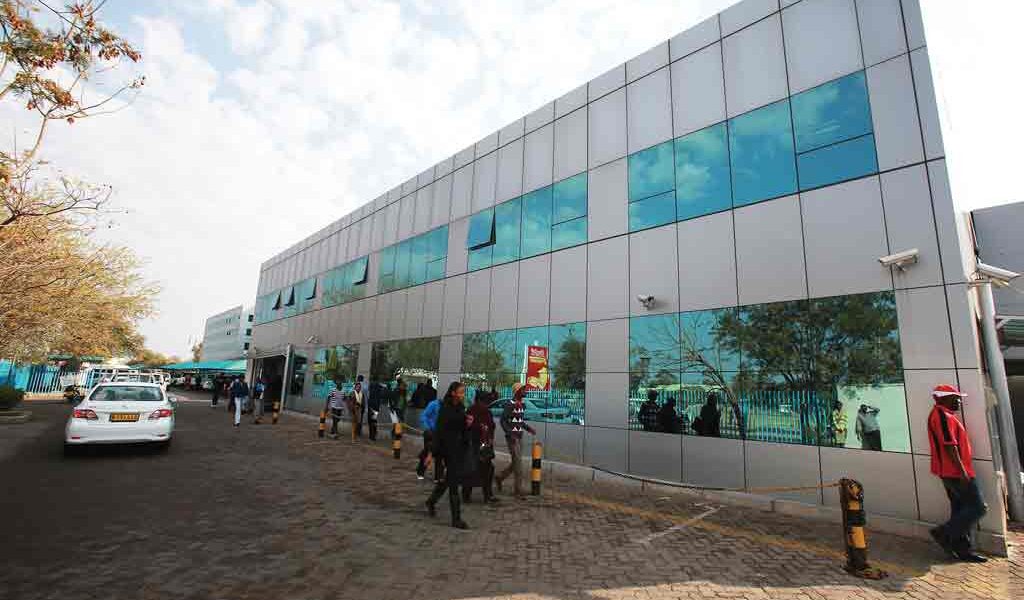TEFO PHEAGE
The Botswana Unified Revenue Services (BURS) has since 2011 confiscated over P10 Million in undeclared or falsely declared currency but has not, out of these cases, pursued money laundering investigations or referred any of the cases to the Directorate on Corruption and Economic Crime (DCEC) or the police to conduct related money laundering (ML) or financial crime.
According to the newly released money laundering report, despite powers prescribed to it by the Proceeds and Instruments of Crime Act (PICA) to investigate money laundering, BURS has no specialized unit designated to investigate money laundering cases. “But in practice it is supposed to refer all cases involving money laundering to the DCEC for investigations,” the report points out.
BURS was primarily established to perform tax assessment and collection functions on behalf of government and to take appropriate measures to counteract tax evasion on the one hand and to improve taxpayer services to a much higher level on the other hand.
According to the report, between 2011 and 2014, BURS referred four cases mainly pertaining to tax claims using false invoices, alteration and use of forged tax clearance certificates to the Botswana Police Services (BPS) and DCEC for investigations but none of these cases led to ML investigations or were finalised by the time of the on-site visit.
The assessors say that “BURS, which through the department of Customs and Excise monitors and enforces control of imports and exports of goods is only interested in tax collection hence it does not pursue ML investigations relating to cases it deals with.”
Between 2011 and 2014, the BURS confiscated BWP720, 843.95, USD 415, 253, ZAR 1,379,905.20 NAD 170, JPY 121,000, OMR 5,360, MYR 1,100 and CHY2, 057,650.20, all of which amount to around P7,884,992. A highly placed source at the BURS however informed The Botswana Gazette that the amount confiscated from 2011 to date is over P10 Million.
Out of all these confiscations, the report says, BURS did not identify any involving money laundering and there were no parallel financial investigations conducted in any of the cases nor was there a referral to the DCEC or the BPS for identification and investigation of possible ML involved.
Botswana follows a declaration system to regulate cross-border transportation of currency and through this all persons entering or leaving Botswana are required to fill Form J (Baggage, Currency and Bearer Negotiable Instrument (BNI) Declaration Form) and make currency declaration of Botswana Pula exceeding 10,000 (US$1, 000) and other currencies.
Although the form requires declaration of BNIs, these are not covered under the Customs and Excise Duty Act. Non-declaration or false declaration is sanctioned by a fine, custodial sentence or forfeiture.
BURS as the competent authority which implements the law on cross-border declaration of currency, has taken steps to target false and non-declaration of currency.
According to the BURS, the trend from confiscated currency is that currency is largely being imported into Botswana. However, the report says the declarations made are not reviewed, filed with the Financial intelligence agency-FIA- nor anti-money laundering and counter terrorist financing measures in Botswana to determine if they are proceeds of predicate offences being laundered in Botswana.
The requests for information seen by the assessors made by the BURS to FIA did not include requests for information on non-declared currencies. “This could be denying FIA of vital information to build its database. Further, as already indicated in IO 7, none of the confiscations have been done in respect of ML,” concluded the report. The confiscated money is remitted to the national treasury.

